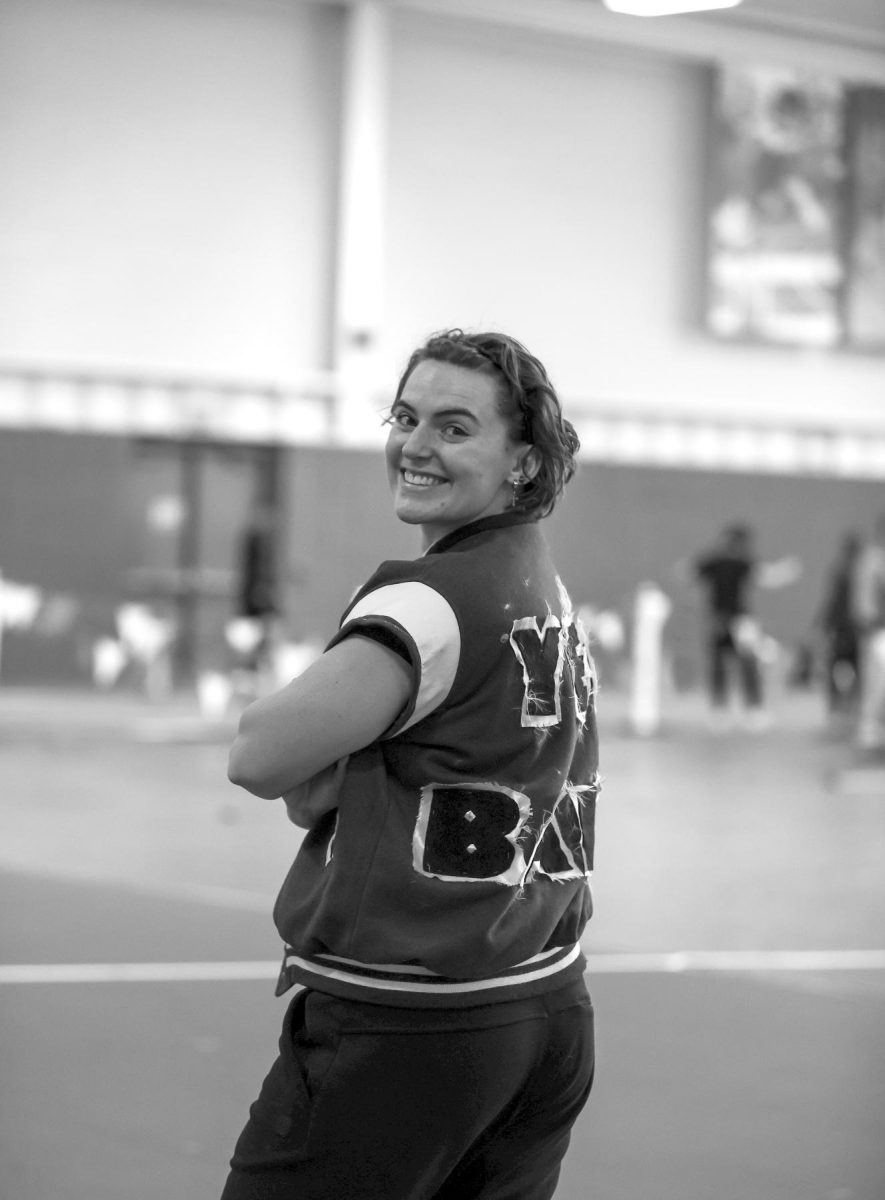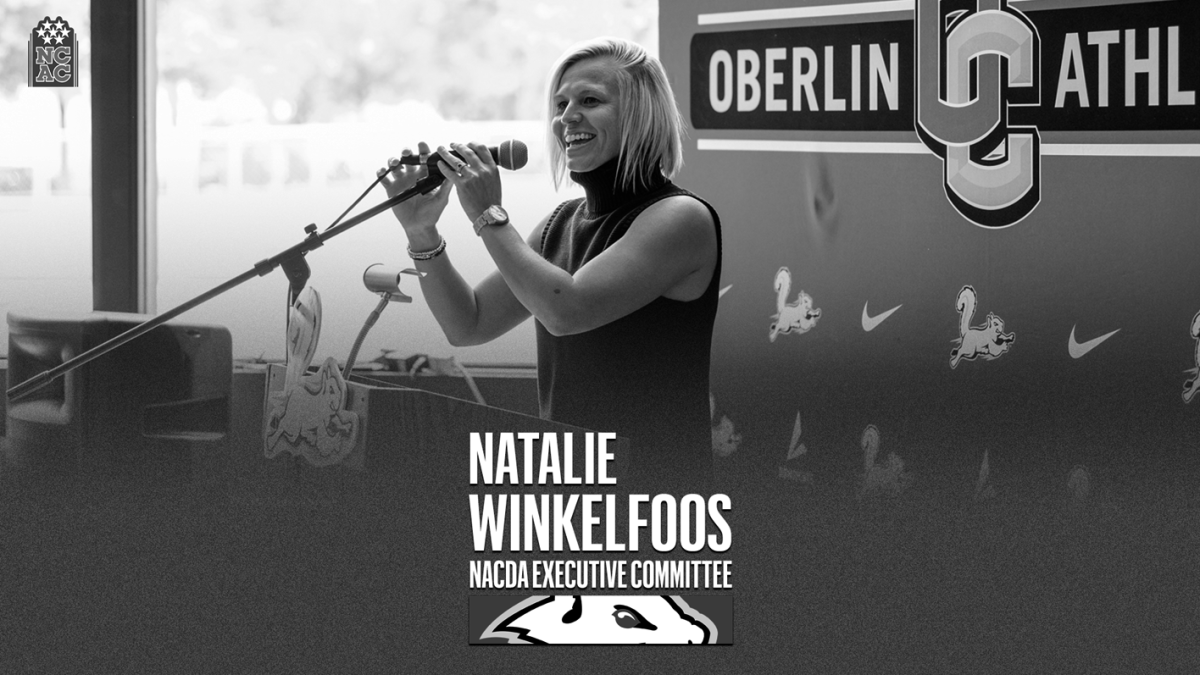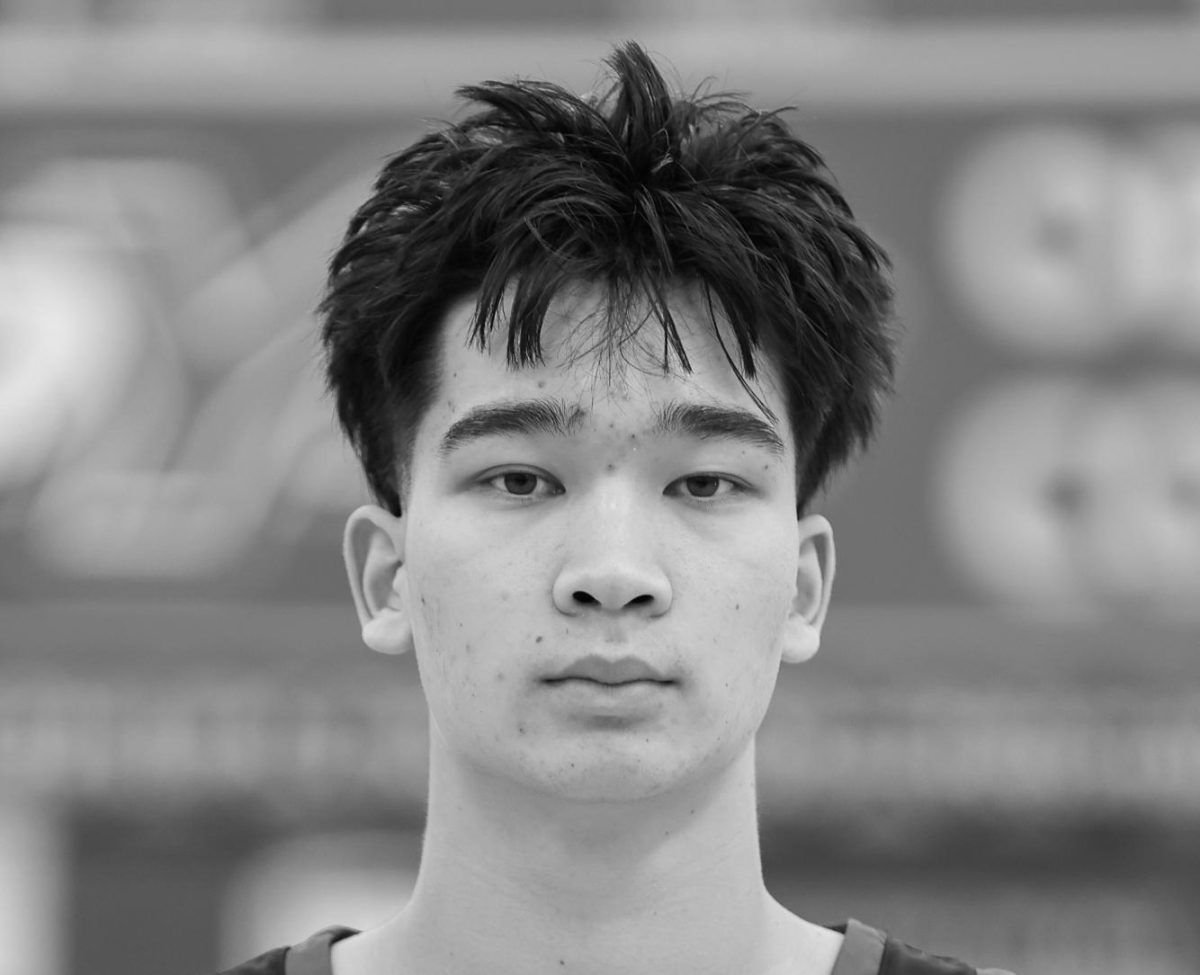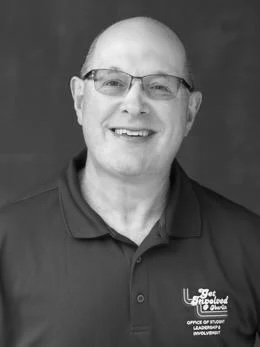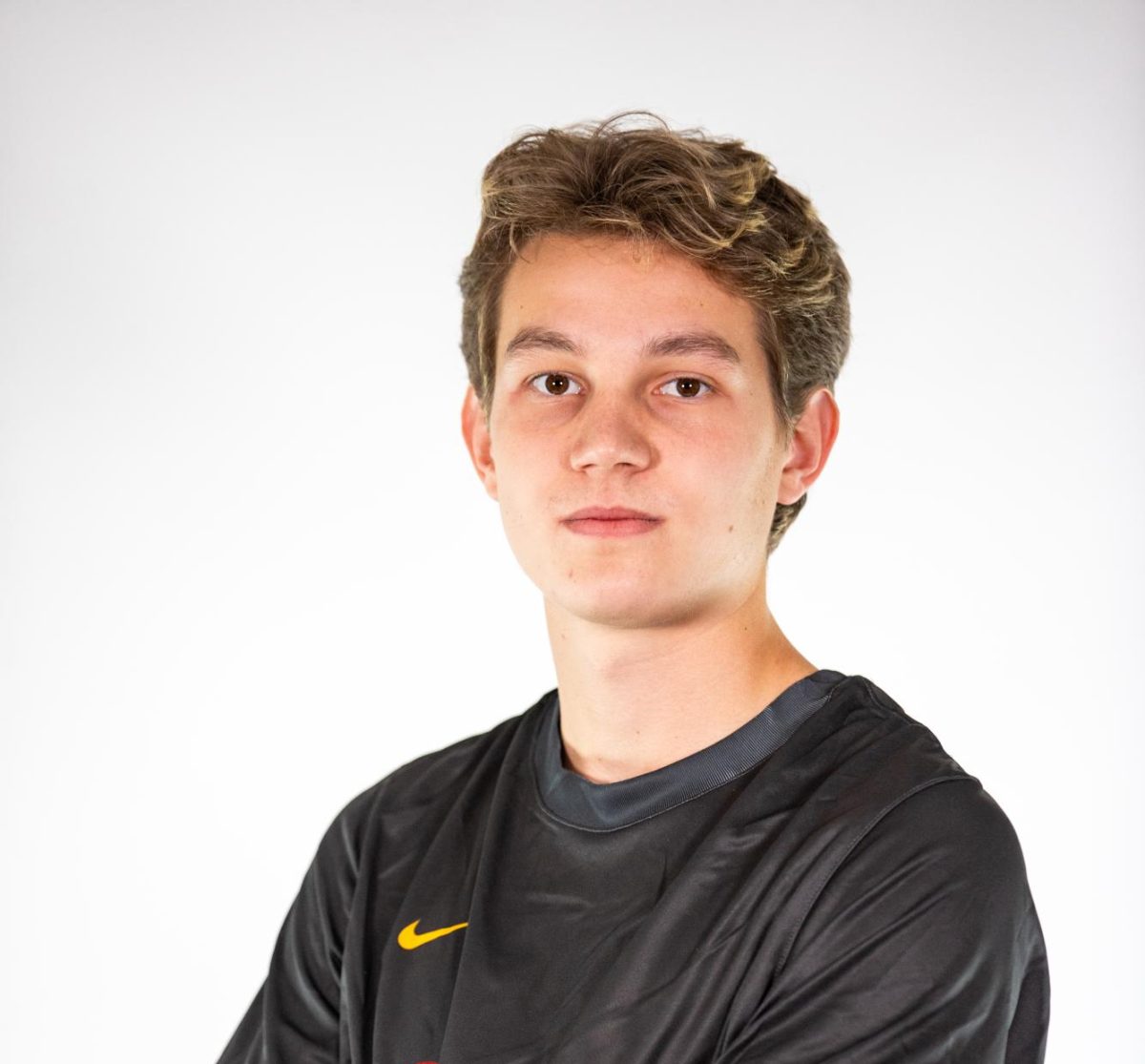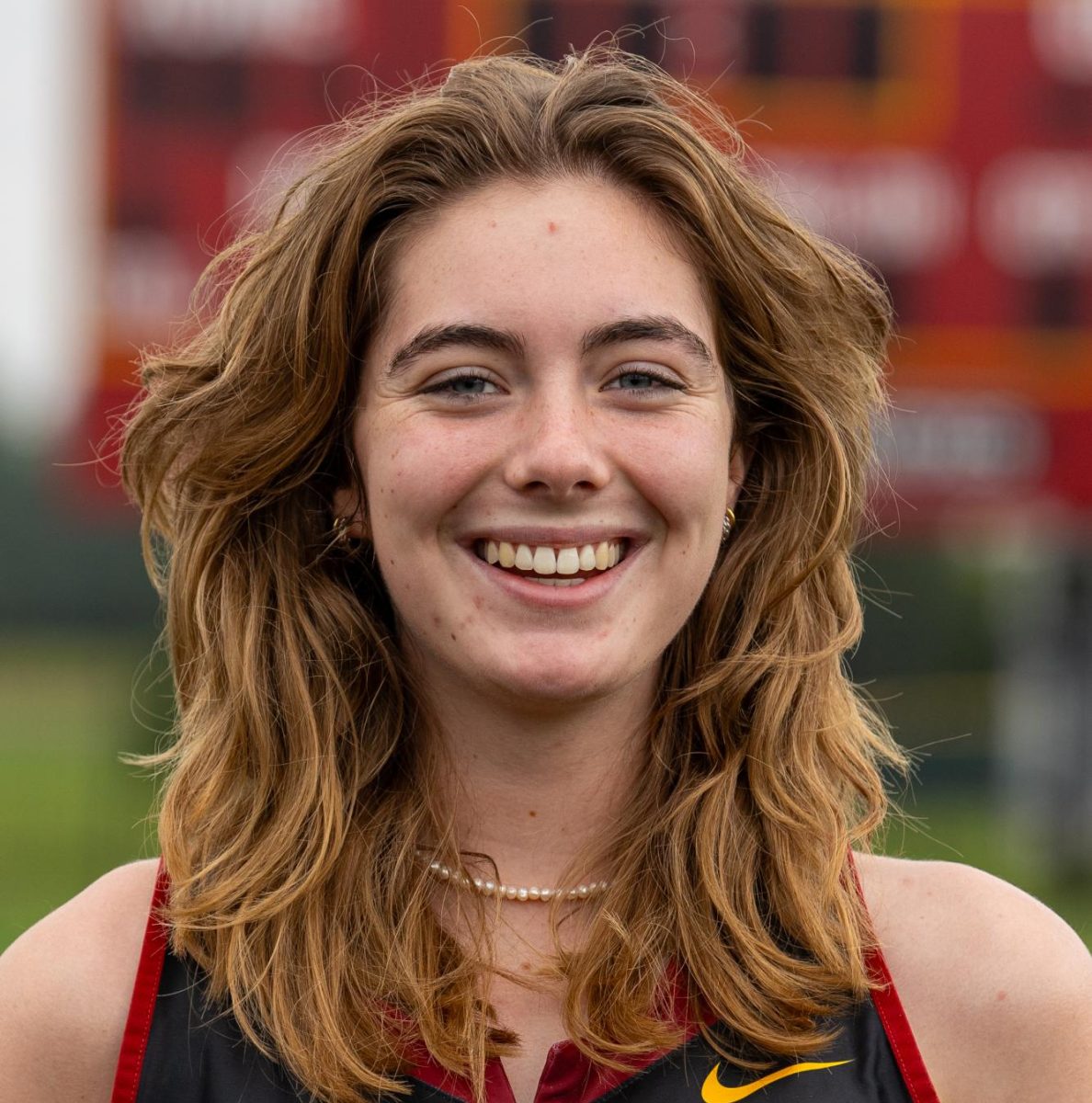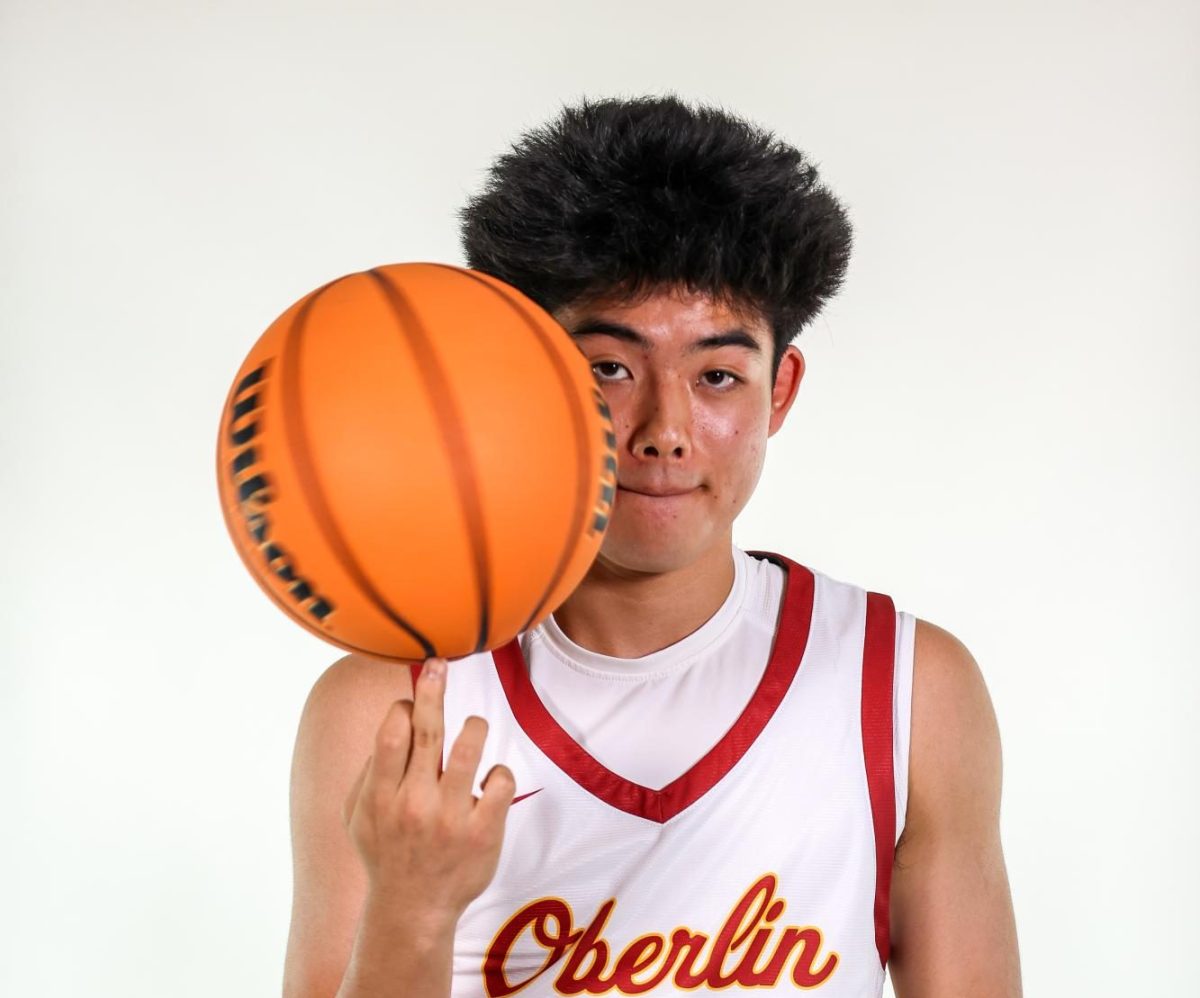For student-athletes, finding a space that can support both their academic and athletic goals is hard enough. But the student-athlete experience is at its best when they are supported equally. College fourth-year and Bloomington, Indiana native Abby Cannon found that in Oberlin, a school that could support her track and field passion as well as her film career.
However, the path wasn’t this clear at first. Cannon started in track and field in events like sprinting and jumping at the age of seven and played competitive soccer throughout her childhood. Cannon had high aspirations to play collegiate soccer, but due to an ACL tear, those dreams took a different direction. It wasn’t until her second year of high school that she started doing events like throwing.
“As I got older, I developed muscle mass in different ways that I never thought I would,” Cannon said. “When I was a sophomore in high school, my coaches were like, ‘Hey, I think you’d be good at throwing,’ and I decided to give it a shot. I started out in discus, which I loved immediately. It was very technical and dancer-like, and when I was a kid, I did ballet, and I really liked feeling mechanical in a really beautiful, flowy way but also really strong.”
After five years of high school due to a postgraduate year, Cannon started to see the potential she had in throwing. With the help of her coaches — who at the time were international-level athletes — Cannon decided that she was interested in developing her skills in the hammer throw.
“Did I think I would be throwing at the collegiate level when I first started? No, not at all,” Cannon said. “I knew that I was pretty natural, and I picked it up faster than other people did, but I thought I was gonna be playing soccer. I didn’t end up doing that, and by that time I was like, ‘Wait, I really like this thing’. I got a lot of really good attention from the guy who recruited me, who doesn’t coach here anymore, but that’s [former Associate Track & Field] Coach [John] Hepp, OC ’07].”
Cannon kicked off her freshman year with a great start. As people were locked down for COVID-19, she spent a lot of time working on getting the technique right, which involved hours in the parking lot near the gym. That practice paid off, as she has a multitude of accolades and has constantly been one of the most technical throwers in the program.
Cannon’s highlight of her career came last spring during conference championships. On her second turn, Cannon achieved a personal record. Then she threw even further on her third turn, and in the final round, she broke her PR by four meters.
“On my last throw, I threw 50 meters,” Cannon said. “And I was like, ‘Oh my God, that’s crazy.’ I got second in conference and it was a huge thing. I had my family there, my coaches, and my teammates.”
Of course, for all of this athletic success, there needs to be a balance between academic studies and film. Cannon started in Oberlin as a Creative Writing major and Journalism Integrative Concentration student, and it wasn’t until the end of her sophomore year that she noticed what she truly loved was film and documentary filmmaking. Throughout this process, she has had a learning curve as to how to manage a difficult major like film and keep a high athletic level.
“I work with my coaches here and I just think of it now as like, okay, this is part of my day,” Cannon said. “Once you get to your senior year, it just becomes part of your schedule. So like early on, especially communicating with your professors, communicating with your coaches, those people are gonna be a lot more understanding than I think people think they’re going to be.”
The ability to balance a combination of academics and athletics at the Division III level is one of Oberlin’s biggest appeals for student-athletes. For Cannon, being able to keep filmmaking at a high level is also an essential aspect of her day-to-day life. She is heading next year to grad school at either American or Indiana University to continue her documentary studies.
Cannon has made three documentaries in the last year. “Looping” is about Cannon’s experience growing up with OCD and being an athlete and dancer. Her second documentary, “Colorful Souls,” is about a Guatemalan organization that employs people with disabilities and is the only one of its kind in Guatemala. She had the most involvement in her most recent documentary, “Sanctuary,” which was made in Oberlin.
“This past semester, [I was] perhaps the most proud I’ve ever been of a work that I’ve directed,” Cannon said. “I actually did a lot of things for this film, I directed it [and] I was the director of photography on it, so I filmed it and I also edited the whole thing. [It’s] about the LGBTQ-friendly churches in Oberlin, primarily some of the pastors and parishioners that go to those churches.”
Documentary filmmaking requires a lot of time, especially in phases like post-production. Cannon talks about how passion always makes things more enjoyable and appreciable. Like many other film majors, there is always inspiration in their work or movies that have changed their perceptions. For Cannon, these films include works like Napoleon Dynamite for its nostalgia and humor, The Territory, directed by Alex Pritz, Moonage Daydream, directed by Brett Morgen, and finally Ponyo by Hayao Miyazaki. Looking back, it’s safe to say that Cannon was able to make the best out of both her athletic and academic studies here in Oberlin. Looking forward, it was the film department here that had a great influence on her future.
“The faculty here in the film department is so high-level,” Cannon said. “They’re all great professors, but they’re also great filmmakers, which helps a lot.”


